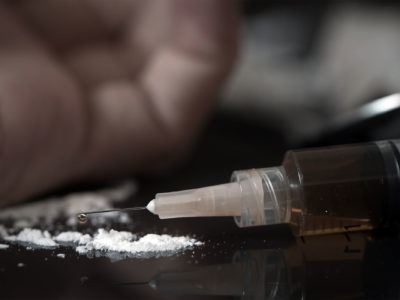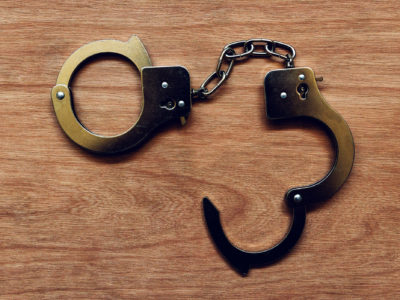You’ll coordinate with your state’s probation department to compile a report containing various documents and details about your case, which will be submitted to the court. Once filed, a hearing will be scheduled before a judge, who will determine whether to approve your expungement request. Pennsylvania’s expungement laws can be complex, so having an experienced legal team by your side is the best way to ensure you understand and meet all requirements. To learn more or to see if your criminal record qualifies for expungement, contact our lawyers today.
What Does it Mean to Get a Federal Crime Expunged?
Being a convicted felon is a label that many will have to live with the rest of their lives. A criminal record is something potential employers, educational institutions and housing facilities all have access to, creating significant challenges in your future. But what if there was a way to have your record wiped clean? Well, there is. It’s a process called Expungement.
What Does it Mean to Get a Crime Expunged?
An expungement is a court ordered process in which an arrest or conviction is erased from a criminal record. Unlike a pardon in which the crime is forgiven but is still accessible to the public, getting a record expunged is as if the crime never happened in the first place. That means this information will not be attainable during employment background checks, housing and rental checks and other government investigations moving forward. While most crimes are not eligible for expungement, it could change the course of your future to have an experienced criminal defense lawyer find out.
Who Qualifies for Expungement in PA?
In all cases, there is several criteria to meet for a conviction to qualify for expungement. These include the following:
- You are 70 years or older and have had no arrests or prosecutions for 10 years after your release from prison or supervision.
- You have no arrests or prosecutions within 5 years of conviction or completion of probation, parole or incarceration for summary offense.
- The conviction must have been for a misdemeanor 2, misdemeanor 3, or upgraded misdemeanor offense.
- Criminal proceedings were either dismissed, the defendant was found not guilty or acquitted after the trial.
- Person was released before formal charges were filed.
- All required fines or restitution have been paid in full.
- All diversion programs, education programs, probation and community service requirements have been completed.
What is the Expungement Process?
Filing an application or petition is the first step to the expungement process. In Pennsylvania, this will include one of two different forms. For violations or infractions, use this form consistent with Criminal Procedure Code section 490. If you were convicted of a misdemeanor or felony, you’ll use this form pursuant to Criminal Procedure Code 790.
0




